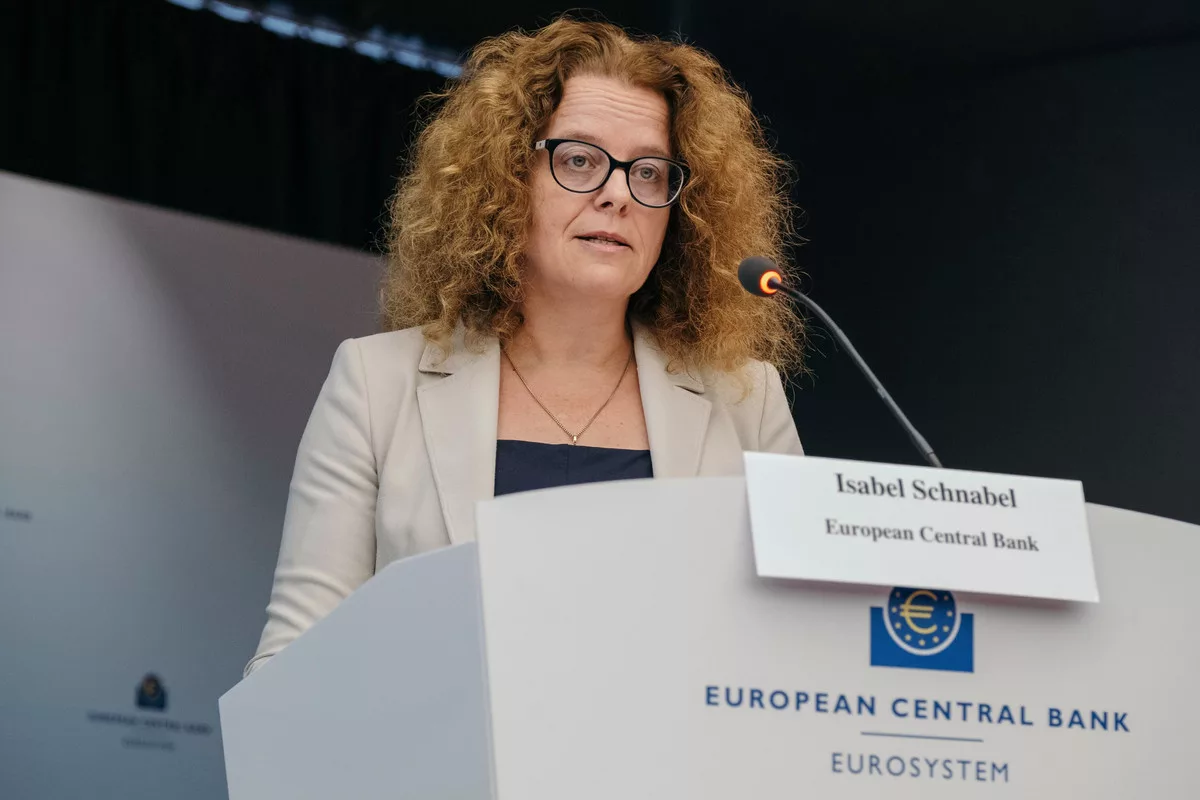The European Central Bank (ECB) should primarily use quantitative easing (QE) programs during times of financial turmoil due to their higher costs compared to other policy tools, according to Executive Board member Isabel Schnabel. Speaking in Tokyo on Tuesday, Schnabel emphasized that while asset purchases can be effective when markets are in distress, their benefits outside of such periods need careful assessment against their costs.
The ECB initiated large-scale asset purchases in 2015 to combat sluggish inflation and expanded these efforts during the COVID-19 pandemic, with holdings peaking at around €5 trillion. As the ECB began reducing these assets in 2023, it also raised interest rates to curb rising prices. Schnabel highlighted that future shocks may necessitate a more patient approach to achieving inflation targets and suggested that central banks could minimize QE costs by using it selectively and ending programs swiftly. Additionally, she pointed out that in a bank-based economy like the euro area, measures such as targeted longer-term refinancing operations could offer substantial economic support with fewer long-term impacts.

